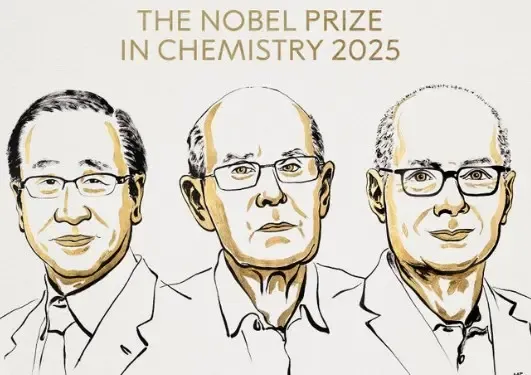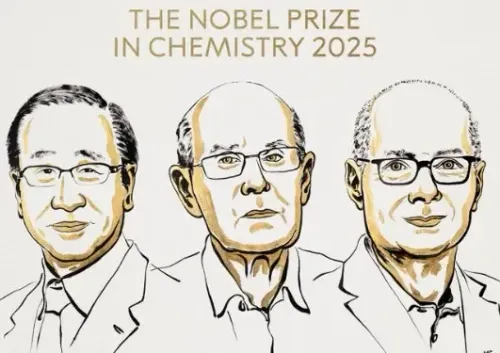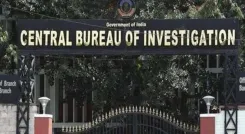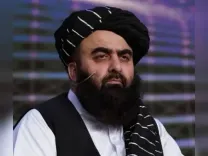Who are the three scientists awarded the 2025 Chemistry Nobel for metal-organic frameworks?

Synopsis
Key Takeaways
- Three scientists awarded the 2025 Nobel Prize in Chemistry.
- Innovative work on metal-organic frameworks (MOFs).
- MOFs can capture, store, and utilize gases.
- Potential applications in environmental sustainability.
- Prize money of 11 million Swedish kronor shared equally.
New Delhi, Oct 8 (NationPress) On Wednesday, three esteemed scientists from the US, Japan, and Australia were honored with the prestigious 2025 Nobel Prize in Chemistry for their pioneering work on metal-organic frameworks.
The distinguished laureates, Susumu Kitagawa, Richard Robson, and Omar M. Yaghi, engineered molecular structures that feature expansive spaces, allowing gases and various chemicals to traverse freely.
These innovative metal-organic frameworks serve multiple purposes, such as extracting water from arid environments, capturing carbon dioxide, storing hazardous gases, and facilitating chemical reactions.
“The 2025 #NobelPrize in Chemistry has been awarded to Susumu Kitagawa, Richard Robson, and Omar M. Yaghi for their groundbreaking development of metal-organic frameworks,” stated the Royal Swedish Academy of Sciences.
The laureates have introduced a novel type of molecular architecture where metal ions act as foundational elements, interconnected by lengthy organic (carbon-based) molecules. This collaboration forms crystals that house significant cavities, referred to as metal-organic frameworks (MOF).
By altering the components utilized in these MOFs, chemists can tailor them to capture and retain specific substances. Furthermore, MOFs are capable of driving chemical reactions or conducting electricity.
“Metal-organic frameworks hold vast potential, presenting unprecedented opportunities for customized materials with innovative functionalities,” remarked Heiner Linke, Chair of the Nobel Committee for Chemistry.
In the wake of these laureates’ revolutionary findings, chemists have constructed tens of thousands of distinct MOFs.
Many of these frameworks could play a crucial role in addressing significant global challenges, with applications such as separating PFAS from water, degrading pharmaceutical residues in the environment, capturing carbon dioxide, and extracting water from desert air.
Born in 1951 in Kyoto, Japan, Kitagawa earned his doctorate from the same university in 1979.
Richard Robson, born in 1937 in Glusburn, UK, received his doctorate from the University of Oxford in 1962 and is currently a professor at the University of Melbourne, Australia.
Omar M. Yaghi, born in 1965 in Amman, Jordan, obtained his doctorate from the University of Illinois Urbana-Champaign, US, in 1990, and currently serves as a professor at the University of California, Berkeley, US. The prize fund of 11 million Swedish kronor will be equally divided among the laureates.









